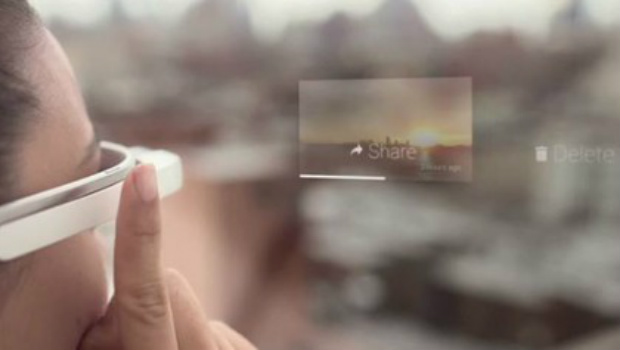Think it will be easier and safer to drive using Google Glass to text or make a call instead of your smartphone? Sorry. Think again.
A joint study by the University of Central Florida and the Air Force Research Laboratory showed that driving while using Google’s wearable computer still is a distraction.
However, the study also showed that using Glass while driving is less distracting than using a smartphone, since drivers can look ahead when using Glass, while drivers tend to look down to text or swipe their smartphone.
“Texting with either a smartphone or Glass will cause distraction and should be avoided while driving,” said UCF researcher Ben Sawyer, in a statement. “Glass did help drivers in our study recover more quickly than those texting on a smartphone. We hope that Glass points the way to technology that can help deliver information with minimal risk.”
With the emergence of Google Glass and other wearables, several states are considering banning drivers from wearing those technologies.
“As distractive influences threaten to become more common and numerous in drivers’ lives, we find the limited benefits provided by Glass a hopeful sign of technological solutions to come,” Sawyer said.
The UCF and Air Force research team conducted the experiment with 40 drivers in their 20s. Each participant drove in an automobile simulator. While using either Google Glass or a smartphone, they needed to react to a virtual car ahead of them slamming on the brakes.
Researchers compared the reactions of those using Glass with that of those using smartphones. They also compared both to drivers who weren’t using a mobile device at all.
According to UCF, drivers using Glass were no better at hitting their brakes in time than their counterparts who were using smartphones. However, the drivers using Glass were able to return to driving normally more quickly.
“While Glass-using drivers demonstrated some areas of improved performance in recovering from the brake event, the device did not improve their response to the event itself,” Sawyer said. “More importantly, for every measure we recorded, messaging with either device negatively impacted driving performance. Compared to those just driving, multi-taskers reacted more slowly, preserved less headway during the brake event, and subsequently adopted greater following distances.”
Google had been saying it would be officially released later this year but has begun talking about a 2015 release instead.
Computerworld








Subscribers 0
Fans 0
Followers 0
Followers